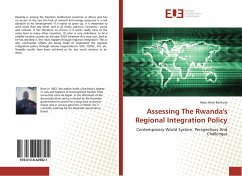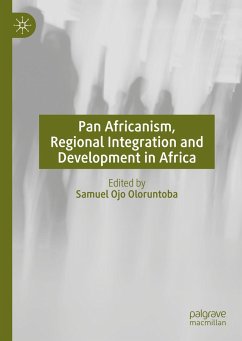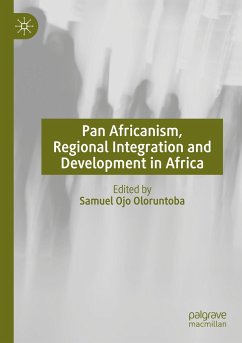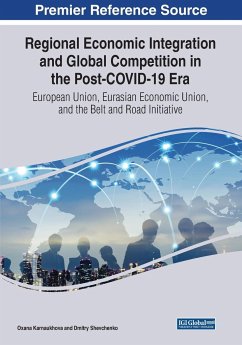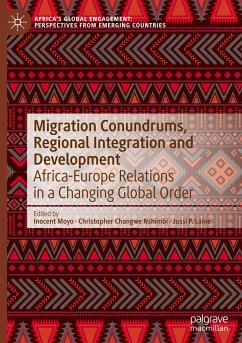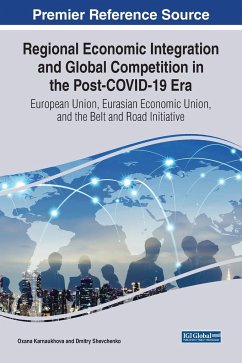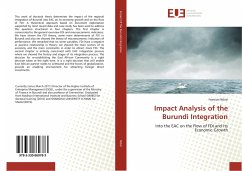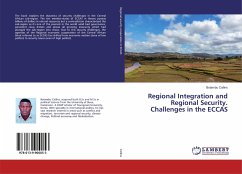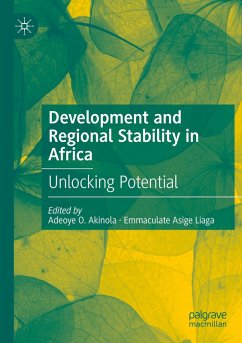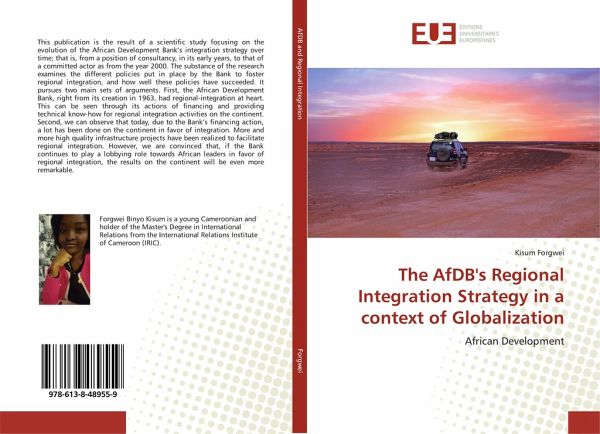
The AfDB's Regional Integration Strategy in a context of Globalization
African Development
Versandkostenfrei!
Versandfertig in 6-10 Tagen
36,99 €
inkl. MwSt.

PAYBACK Punkte
18 °P sammeln!
This publication is the result of a scientific study focusing on the evolution of the African Development Bank's integration strategy over time; that is, from a position of consultancy, in its early years, to that of a committed actor as from the year 2000. The substance of the research examines the different policies put in place by the Bank to foster regional integration, and how well these policies have succeeded. It pursues two main sets of arguments. First, the African Development Bank, right from its creation in 1963, had regional-integration at heart. This can be seen through its action...
This publication is the result of a scientific study focusing on the evolution of the African Development Bank's integration strategy over time; that is, from a position of consultancy, in its early years, to that of a committed actor as from the year 2000. The substance of the research examines the different policies put in place by the Bank to foster regional integration, and how well these policies have succeeded. It pursues two main sets of arguments. First, the African Development Bank, right from its creation in 1963, had regional-integration at heart. This can be seen through its actions of financing and providing technical know-how for regional integration activities on the continent. Second, we can observe that today, due to the Bank's financing action, a lot has been done on the continent in favor of integration. More and more high quality infrastructure projects have been realized to facilitate regional integration. However, we are convinced that, if the Bank continuesto play a lobbying role towards African leaders in favor of regional integration, the results on the continent will be even more remarkable.



